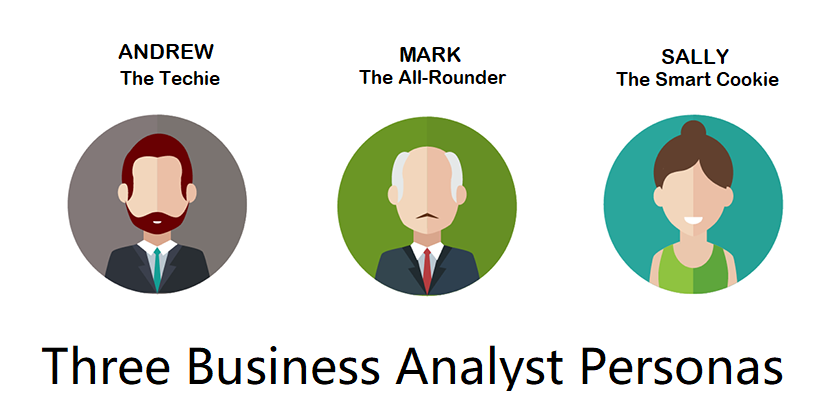Throughout my career, I have had few interesting conversations with people on an off-work about what a Business Analyst (BA) actually do (and don’t), especially putting into context the whole of workforce, not just from a technology or Information Technology lens in particular (which is a domain I come from).’
I have met many great (and smart) individuals/colleagues/ex-colleagues, all with different ranges of titles/roles/responsibilities, who does more than half of their time actually doing business analysis without actually realizing it. In short, you don’t have to have a title of a Business Analyst, to actually do what a Business Analyst do. My stance on this point, is similar to what IIBA (International Institue of Business Analyst) defines a Business Analyst, anyone who performs some sort of business analysis in whatever shape or form. I’m not trying to be technical here in terms of definition, but you get what I mean.
So in this short article, I’d like to share with you my world view of the different personas of Business Analyst. I try to cover as much breadth as possible, to make sure this is relevant for non-technology/IT audience as well. It is by no means perfect, but should help as a guideline to understand the breadth of what a Business Analyst does, and the value they bring to the table to any organization.

1. Technical BA a.k.a The Techie
Technical BA typically operates in a technical product/system development environment, designing recommendations/solution to business/customer problems. Technical BAs analyze and design computer (hardware/software) systems, applications, and often technical processes in order to provide expert analysis on business systems and applications. Technical BA often comes from an engineering background, and yes having that that strong foundation on computer/software engineering is fundamental to this role. They are often required to work alongside a technical delivery team on frequently (e.g. often on a daily basis), hence an appreciation/understanding of how software/systems work is highly crucial. The role is usually, arguably, internal, however there is a high degree of external customer-facing elements in a consulting/agency/project delivery setting.
2. Business BA a.k.a. The All-Rounder
Business/Process BA persona fits someone in a typical operational role, reviewing and improving business processes, developing business cases, implementing and refining continuous improvement initiatives/tasks, and reporting, tracking and monitoring the results of all of the above. They might use various modeling techniques (or any other forms of quantitative analysis) for e.g. planning and forecasting any forms of key performance indicators (KPIs) (return on investment, budget, expenditures, timeline, resources, and risk analysis/mitigation). In terms of verticals, I see a Business BA as the most generic and applicable to a majority of industries and typical organizational functions/departments (e.g. Executives, Sales, Accounts, Finance, Legal, HR, Payroll, Marketing, Supply Chain/Logistics, and Customer Service). As a Business BA, a bigger emphasis is put more on more on their soft skills (e.g. communications, stakeholder management, empathy, emotional intelligence) and commercial/business-aptitude.
3. Data BA a.k.a. The Smart Cookie
Last but not least, the rise of digital data and explosion of information over the past few decades have put this new BA persona on the radar. How do you make sense all of this data? Can we get better insights and turn this data into meaningful/actionable information? I see a Data Analyst key to lead/facilitate this conversation, making all of us better in making informed decisions. Data analyst usually performs some sort of data extraction and modification techniques such as statistical modeling to extract useful/valuable information. They then further refine the presentation of this data in a palatable forma and detail tailored to the audience. As such, this role is well suited to people who are highly analytical and have an inquisitive approach to data and numbers. An exceptional Data Analyst, I think, is someone who is then able to communicate these data in layman’s terms (avoiding any technical jargon’s), for example by using story telling techniques to convey the right message and relate these findings to their audience.
So there you have it, the Techie, the All-Rounder, and the Smart Cookie. Is there another persona you could think of? Have I made this too simplistic? Anything I might have missed glaringly? Please share your comments and feedback!